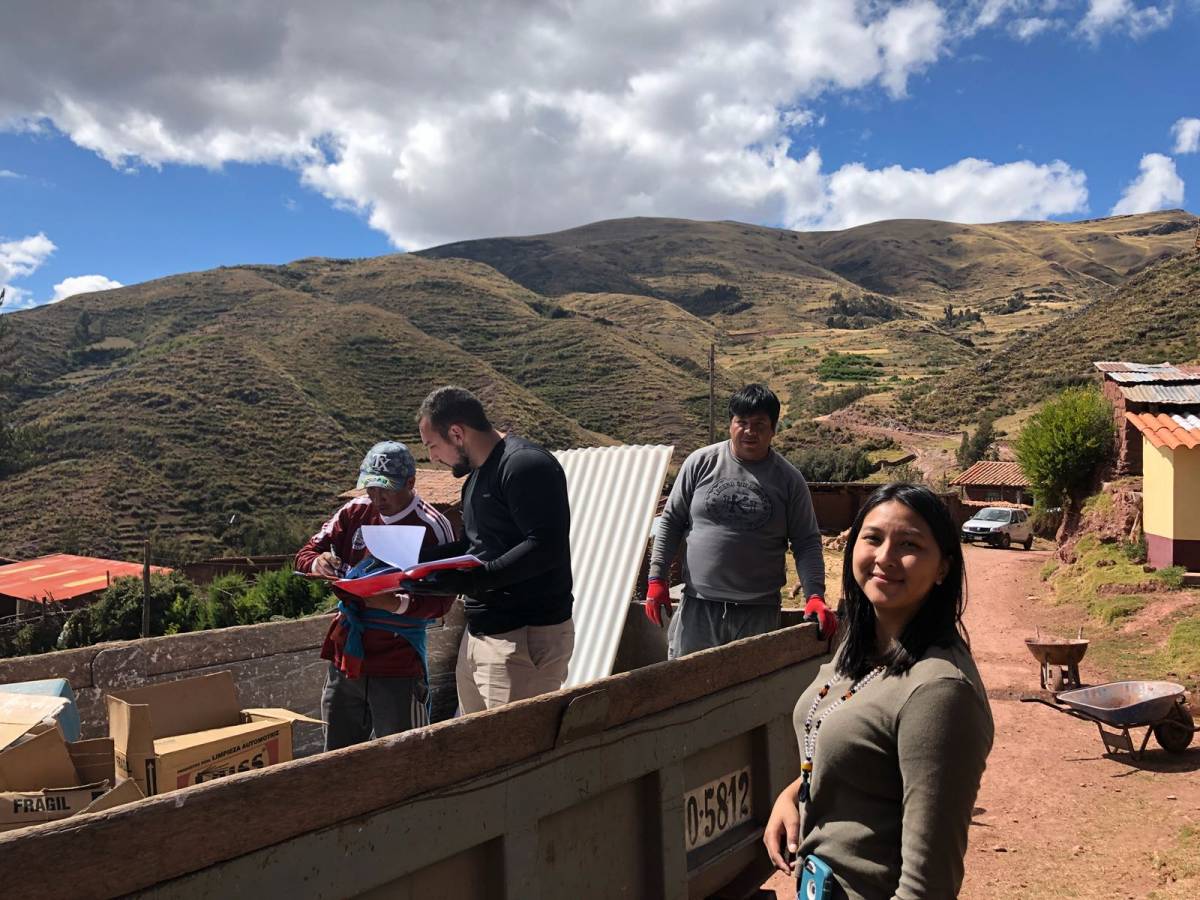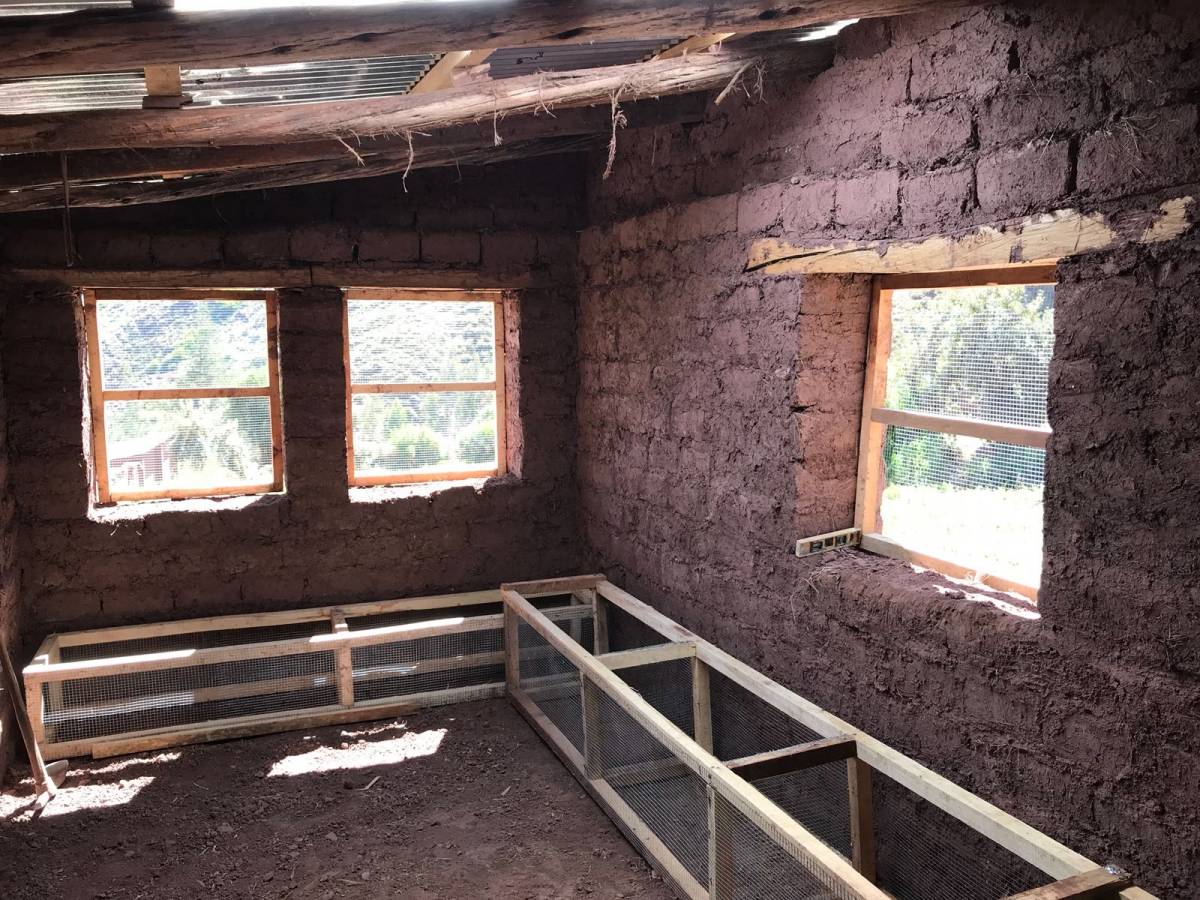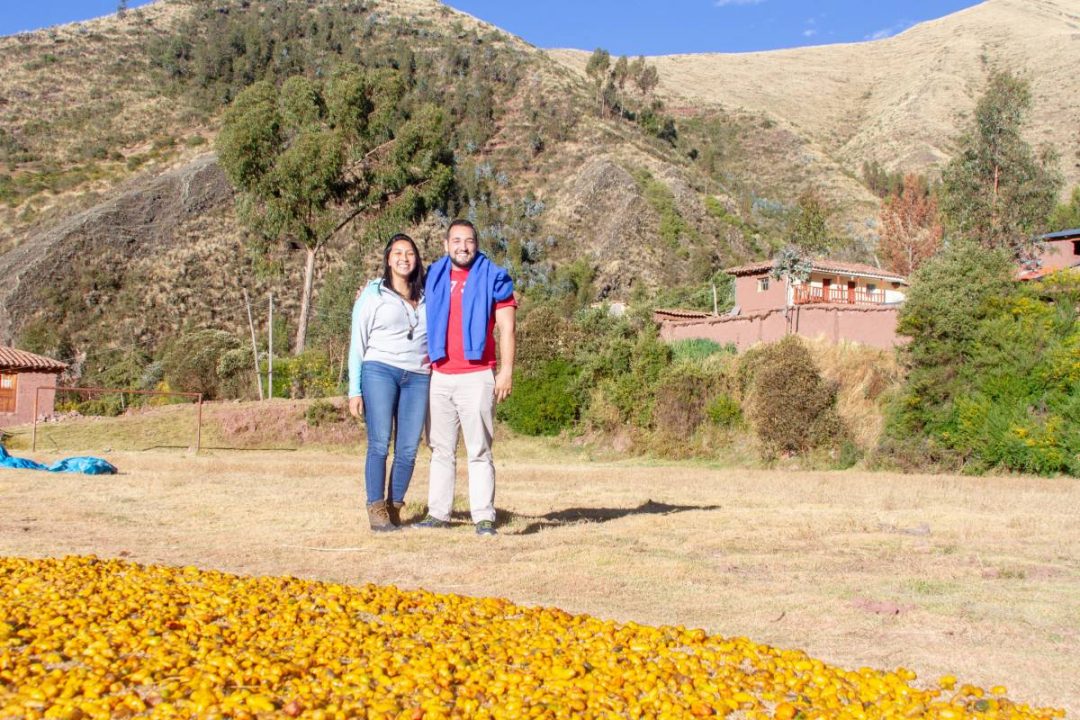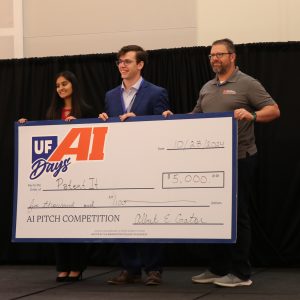MIB student uses business knowledge to help build stronger communities in Peru
The summer before Nicolette Duong (BS ’17, MIB ’18) began her freshman year at the University of Florida, she took a trip to Peru that she thought would just be a visit to see family. Instead, it would inspire her passion for helping others in need.

Duong in Picol, Peru during the building process.
While shadowing her medical student cousin, Duong questioned why the emergency room they were in was so full.
“I learned that half the patients suffered from diabetes-related complications,” she said. “After learning that these complications were due to errors at a cellular level in humans, I sought to study microbiology and cell science because of its relation to the well-being of individuals.”
Duong completed her bachelor’s degree in microbiology and cell science in 2017, but knew something was missing from her education that would help her accomplish her ultimate goal.
“My ultimate goal is to enter the healthcare system and collaborate with governmental organizations in Peru and the U.S. to provide accessible clinics in rural communities,” she said. “Upon working to create international business partnerships for rural communities in Peru, I discovered [a master’s degree in international business] was essential.
“Learning truly is accomplished through practice, but I realized that what I needed was mentorship. The Master of International Business (MIB) program has acted as a mentor to my career path by offering coursework to support my learning, guidance from faculty, leadership and teaching skills as a teaching assistant.”
Duong was able to combine her passion for helping those in the rural communities of Peru with the business acumen she’s gained from the MIB program in the project she received a $10,000 grant to complete, Project Picol.
“Project Picol provides community members a means of work, assume leadership positions and gain financial literacy,” she said. “It will also help impact the economy, show the community’s charisma outside the borders of Peru and give hope to those who are impoverished to manage themselves.”

One of the 20 adobe livestock houses Duong built as part of Project Picol.
In July 2018, Duong and members of her non-profit, C&N Consultants, completed construction on 20 adobe livestock houses for cuyes, an indigenous Peruvian livestock, as part of Project Picol.
“Only 10 percent of the Picol community has a stable income, so most families rely on what the land can provide them as a source for nutrition and income,” she said.
Cuyes are a nutritious and traditional dish in Peru, Duong said, so creating an infrastructure for raising and selling the livestock provides the community members of Picol with a healthy meal alternative as well as a source of income.
“As I have progressed through the [MIB] program, I have noticed that my international dealings with agricultural vendors in Peru has improved,” she said. “I attribute this to the business acumen I have worked to develop with the mentorship of MIB program. My goal is to utilize the skills I have gained through the program to expand my nonprofit company, C&N Consultants, to include global public health issues with community-driven initiatives such as Project Picol.”




